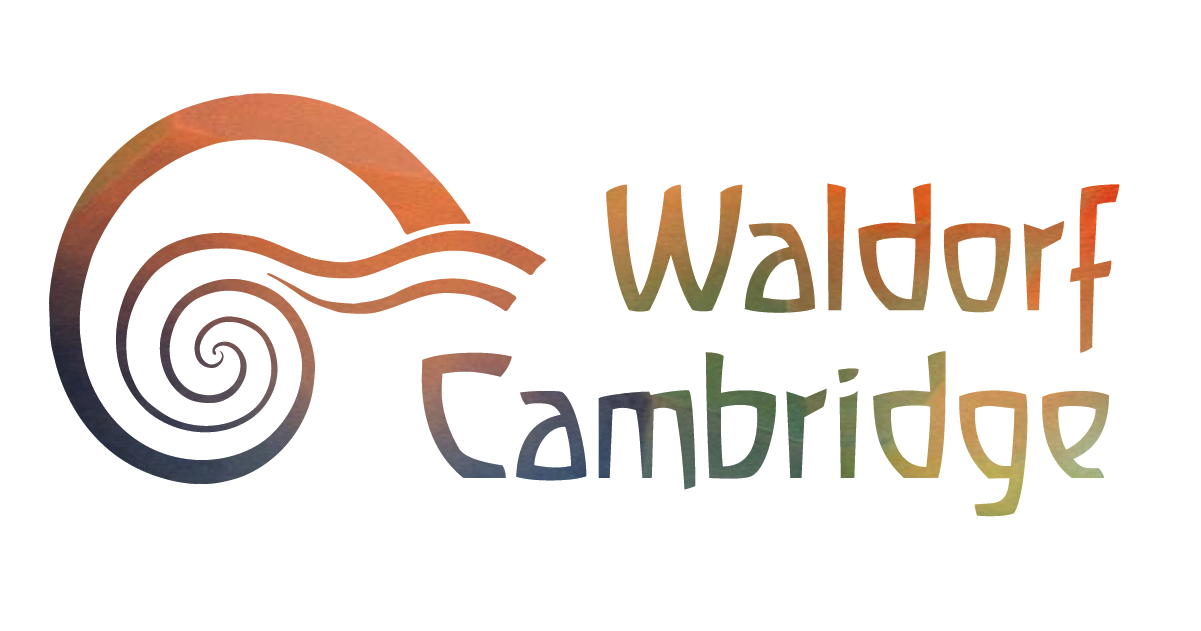Middle School
Middle School is for children aged 11-14 years.
From Class 6-8, pupils enter into puberty and the first birth pangs of individuality are felt. The child experiences a yearning for independence together with underlying anxiety, emotional vulnerability and mood swings. Authority is openly and critically questioned, and parents and teachers are challenged accordingly.
In terms of the child’s readiness for learning, one sees the faculties of scientific, abstract and causal thinking come to the fore, and the child develops a growing appetite for factual knowledge about the world around them. The child demonstrates an emerging potential for self-reflection, which becomes a new teaching opportunity.
During this period, the teachers have several key aims and objectives. They need to direct the pupils' interest and attention strongly into the world, and provide the pupils with new perspectives and opportunities to explore different ways of seeing the world. They are increasingly called upon to take greater initiative and responsibility for self-directed learning and individual judgement. Their powers of observation are developed through a variety of media, and work throughout the curriculum cultivates a sense of social responsibility.
In Class 6, children are on the cusp of adolescence. The dawning of a new-found capacity for careful observation and for forming judgements is harnessed with the introduction of formal science.
Examples of curriculum content – Physics (sound, light and heat), the Romans, Business maths, Geometry, Ecology.
Examples of curriculum content – the Middle Ages, The Renaissance, the Age of Discovery, Geography case studies (cultural, material and economic conditions as well as physical geography), Inorganic Chemistry and Combustion, Health and Hygiene (respiration, circulation, digestion and reproduction), Algebra, Geometry, Poetry.
In the final year with their class teacher, each pupil undertakes a substantial independent project of their own choosing whilst, as a class, they prepare a full-length drama production.
Examples of curriculum content – Physics (magnetism, electricity and electromagnetism), Organic Chemistry, Human Biology, Meterology, English Reformation and Civil War, Revolutions, further Algebra, Platonic solids, Powers and Roots.
A School Day
8:15 - 8:30 - Arrive at school, settle into class with class teacher.
8:30 - 10:30 - Main Lesson blocks of 3 or 4 weeks on a topic or subject.
10:30 - 10:45 - Snack time
10:45 - 11:05 - Outdoor play
11:05 - 11:25 - Practice time on area focus dependent on class
11:25 - 12:45 - Subject lessons
12:45 - 13:35 - Lunch time
13:35 - 15:00 - Subject lessons
